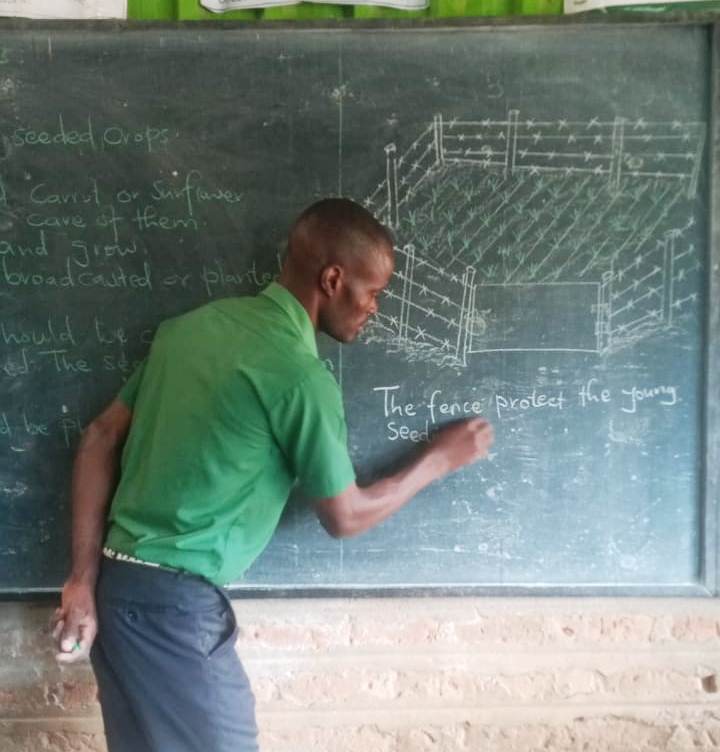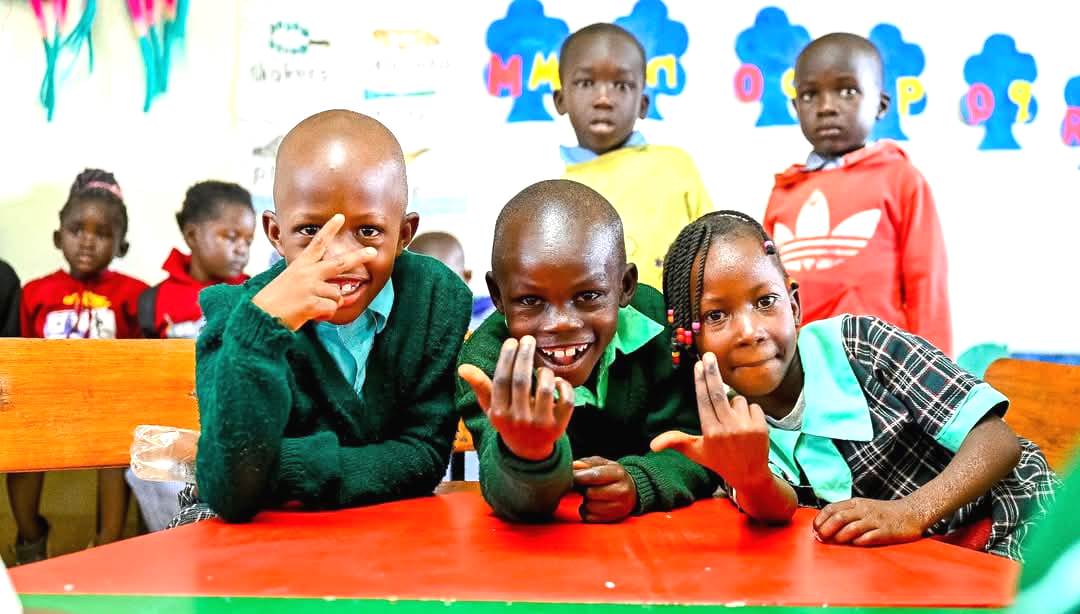Life Skills. Two-pronged as it in its collocation encompasses competencies. Aptly put, these competencies help learners to cope with life while in school and beyond. Life Skills enhance positive behaviour in learners at all levels.
Actually, Life Skills enhancement-and-development is not an event, but a life-long process. It begins at birth and ends at the pensive point of death. No wonder, our learning institutions — at all levels — primary to tertiary — should teach nuts and bolts of Life Skills Education. Teaching details of Life Skills takes two dimensions in the 8-4-4 System of Education, which is soon becoming moribund.
One, schools integrate Life Skills Education into the main curriculum. Two, schools stage frequent talks and training programmes through wise use of home-grown and guest speakers. Ideally, such facilitators shed bright light on oodles of issues bordering Life Skills Education.
Consequently, in Competency-Based Curriculum (CBC), Life Skills Education feature in Pertinent and Contemporary Issues (PCIs). For instance, this is how mainstreaming of PCIs manifests in the Junior School (JS). Architects of CBC decided to frame it in this wonderful way: Life Skills Education and Human Sexuality, Health Promotion Issues (HPIs), Education for Sustainable Development or Socio-Economic and Environmental Issues, Learner Support Programmes (LSPs), Parental Empowerment and Engagement (PE&E), Citizen Issues or Citizenship Education.
Again, comprehensive teaching of Life Skills Education entices bountiful benefits. Conceptualisation of Life Skills Education enhances holistic change of behaviour in learners. Life Skills Education promotes healthy living among learners. Through it all, they focus on risk-free behaviour like avoiding drugs and substance abuse, immorality, profanity, perversion, crime, et cetera. Then, through Life Skills Education, learners develop strong sense of responsibility — response plus ability. Beneficiaries of Life Skills Education develop what Napoleon Hill christened as Positive Mental Attitude (PMA). Laser-like focus on Life Skills Education props up learners’ confidence and communication skills.
It is instructive to note. Life Skills Education goes beyond mere dispensation of knowledge and information. Somehow, in its entirety and totality, it sets the foundation helping learners to overcome obstacles, shun risky situations and sustain positive behaviour. Therefore, a well-thought-out Life Skills Education should equip learners with useful knowledge, skills, attitudes and values — that can empower them to face the realities and rhapsodies of life. Eventually, that is what will help them take full responsibility for their actions.
In addition, Life Skills Education should have a puissant impact on learners, which can only happen where there is cross-pollination of facts. Acquisition of facts is knowledge. Interpretation of facts is understanding. Correct or right application of facts is wisdom. In Proverbs 4:7, we read: “Wisdom is the principal thing. In all thy dealings, seek understanding.”
YOU MAY ALSO READ:
CS Ogamba: 89 percent of placed students have reported to respective varsities
Getting down to the brass tacks of this treatise, UNICEF, UNESCO and WHO list ten core Life Skills strategies and techniques, which include: Problem solving, critical thinking, creative thinking, decision-making, effective communication, inter-personal relationships, self-awareness building, empathy, coping with emotions and stress.
Then, several sources of knowledge acknowledge, there are three categories of Life Skills. To begin with, we have skills of knowing and living with oneself. Also known as intra-personal or personal awareness skills. These competencies include self-awareness, self-esteem, self-confidence, self-discipline, stress management, time management, emotional intelligence, et cetera. In order to access success in school and beyond, learners should know themselves. For both oriental and occidental wisdom acknowledge: Knowing others is wisdom, but knowing oneself is enlightenment. A person with self-knowledge equals thirty people without the same.
In the second category of life skills, we have competencies that focus on knowing and living with others — inter-personal skills, which include: Empathy, assertiveness, negotiation, conflict resolution, friendship formation, effective communication, et cetera. These competencies acknowledge that we are in this side of eternity for symbiosis and mutual co-existence. Martin Luther King (MLK) observed: “We are caught in an inescapable network of mutuality, tied in a single garment of destiny.”
The third cadre of life skills focuses on competencies needed in effective decision-making, which captures decision-making itself, critical and creative thinking, problem-solving and ability to make informed choices. Learners should know how to exercise volition, discretion and right judgement. For decisions and choices are the hinges of destiny. We are born without choice, but we live by choices. Destiny is a matter of choice, not chance. Choices have consequences. Above all, ability to think critically and creatively is important. After all, this world populated by plenty of people: Only 5% think, 15% think that they are thinking, but 80% do not think at all. It is good to think because when we stop thinking, you start stinking.
© Victor Ochieng’
The writer rolls out talks and training services. vochieng.90@gmail.com. 0704420232
You can also follow our social media pages on Twitter: Education News KE and Facebook: Education News Newspaper for timely updates.
>>> Click here to stay up-to-date with trending regional stories
>>> Click here to read more informed opinions on the country’s education landscape






